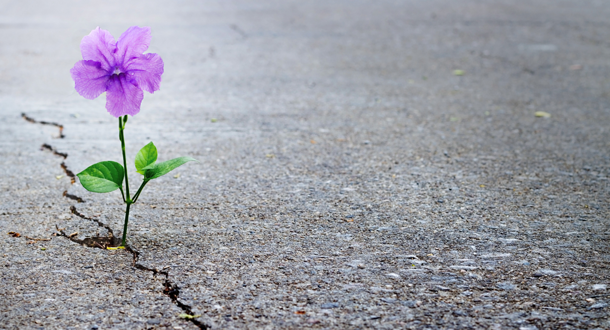
Scripture:
Hosea 10:1-3,7-8, 12
Matthew 10: 1-7
Reflection:
“Sow for yourselves justice, reap the fruit of piety; break up for yourselves a new field, for it is time to seek the Lord, till he come and rain down justice upon you.” Hosea 10:12
In our world, divided by war, street and domestic murders, environmental destruction, physical and mental illness, homelessness, hunger, racism, bigotry, loneliness, political propaganda, calumny and despair, what gives you hope?
The news each day is enough to diminish or even extinguish our transforming Christian faith. The litany of dark, breaking stories can push us to protect ourselves and our loved ones in selfish silos of entertainment like sports, fine food, music, movies, video games and manic schedules that prohibit any self-reflection, let along prayer. We want more than anything not to get upset by what we feel we cannot control or change.
Today’s important readings challenge us to resist the temptation to distraction and withdrawal.
Hosea, the 8th century BCE prophet, lived in a time of Israel’s affluence. “The more abundant his (Israel’s) fruit, the more altars he built. The more productive his land, the more sacred pillars he set up.” Hosea 10: 1-3.
But the altars and pillars were façades. “Their heart is false,” Hosea states in blunt judgement. God didn’t go much for their external show of piety while they ignored social injustices in their midst. God’s chosen ones had lost their way and sought security and happiness in what could never meet their deepest longings.
In our affluent nation, where our worth is measured by our money, power and status, we are tempted in the same way the people of Hosea’s time were tempted. The crises of our time in human history are real crises. But God calls us, not to comforting escapism, but to respond the way Hosea called his people to respond: sow for yourselves justice!
In the Gospel, Jesus sends his neophyte apostles on a sort of pilot project. They are sent, not to all nations, as they will be challenged to do at the end of Matthew’s Gospel, but to their fellow Jews. They were to heal and do good works. In the next section of this Gospel, they return astonished at what God had accomplished through them in their “practice sessions.”
As post-Pentecost Christians, we are called to be nothing less than radical in letting God use us to transform our divided, weary world. We must sow justice in our homes, among our friends, in our communities, nation and world. It means responding to refugees in crisis, showing compassion for the ill, fighting for people’s right to food and water, shelter, healthcare, education, security, clean environment, a living wage and respect. This is God’s justice. We are God’s instruments in making it happen.
Each of us, in our intimate relationship with God, cultivated by prayer and study, must find our own place to do God’s work. It might be as simple as daily checking on an elderly, isolated neighbor or maybe leading a protest against racial discrimination. We might find our place teaching children or working without fee as an attorney for an poor defendant. People need homes and refugees need security, does God call us to this work?
Whatever the task, it is sacred. Experiencing God’s presence in our daily tasks give us a feeling of wholeness, a sense of why we are here, now. Doing the work also requires we let go of any sense we have to “fix” problems, which are many. We don’t fix anything, because we are not God. In humility we do what we know are called to do today and let God be God. God does the fixing, not us. This abandonment to God’s way gives us peace, even as the cable channel screams out another dark, sensational news report.
Jim Wayne is a board member of the Passionist Solidarity Network (PSN) and the author of The Unfinished Man. He lives in Louisville, Kentucky.
